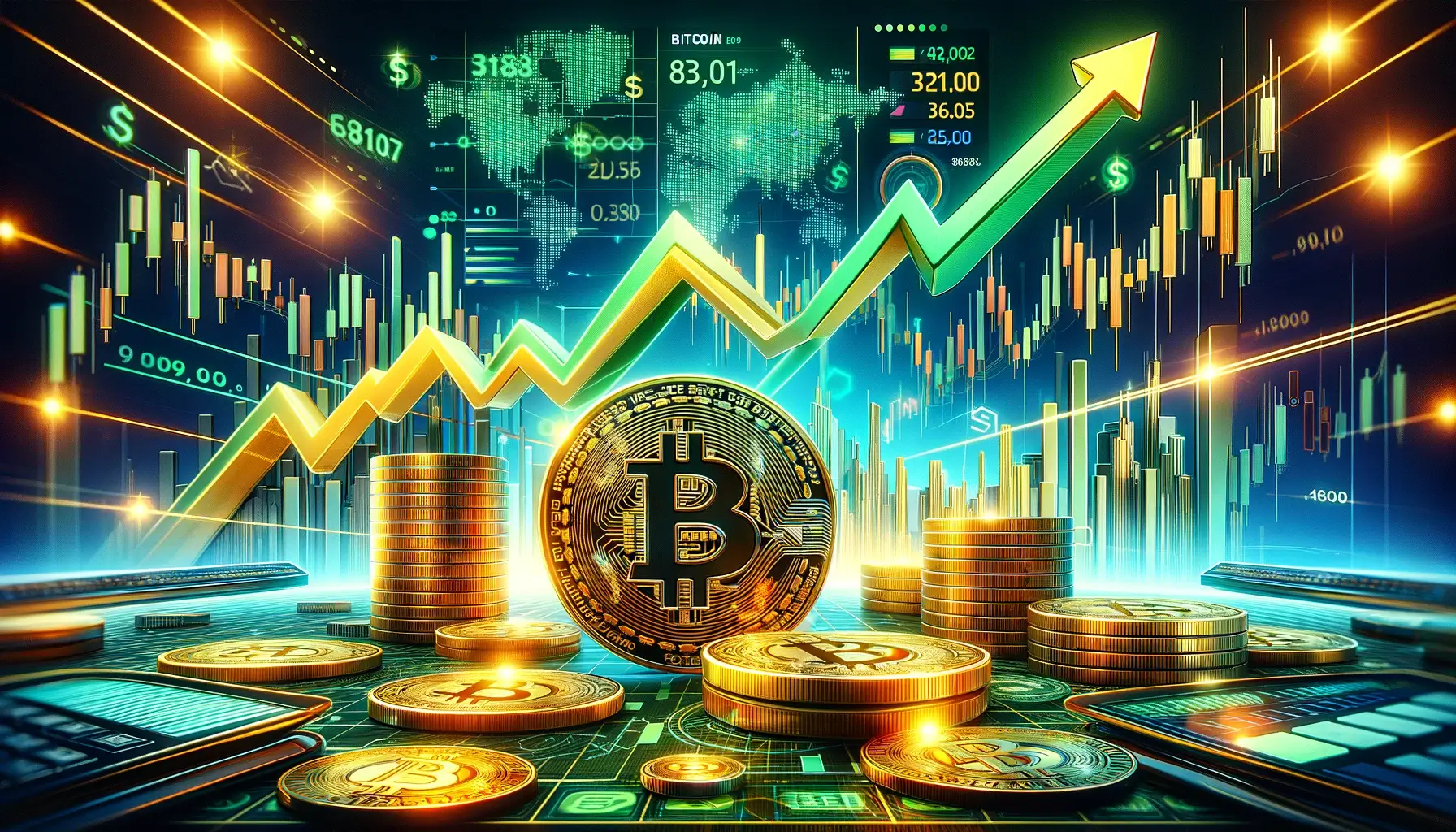The spot Bitcoin exchange-traded fund (ETF) market in the United States experienced a notable daily inflow of $129.45 million, marking the highest in a month and the fifth consecutive day of inflows. This influx comes as Bitcoin’s price holds near the $63,000 mark, struggling to break past the key resistance level of $62,000.
Approved by the Securities and Exchange Commission on January 10, spot Bitcoin ETFs started trading on January 11. Major ETF issuers initially saw substantial inflows and trading volume, with the exception of Grayscale’s GBTC, which has experienced zero flows or significant outflows from the start.
Data from the crypto research platform SoSo Value indicates that Fidelity’s ETF recorded the highest inflow on July 1, with 1,030 BTC worth $65 million, followed by the Bitwise ETF, with 650 BTC worth $41 million. ARK Invest saw inflows of 205 BTC worth $13 million. However, BlackRock’s IBIT and Grayscale’s GBTC, the two largest spot Bitcoin ETFs by net asset value, saw zero flows on the same day.
The recent inflow of $129.45 million on July 1 is the highest since June 7. This positive trend in BTC ETF inflows coincides with Bitcoin reclaiming the $63,000 level after struggling for nearly three weeks.
“The July 1 inflows marked the fifth consecutive day of inflows for spot BTC ETFs after nearly seven days of outflows in the last week of June,” noted an analyst from SoSo Value.
June was a bearish month for Bitcoin ETFs and the BTC price, with ETFs recording nine days of outflows compared to ten days of inflows. The value of outflows significantly exceeded the value of inflows during this period.
The bullish trend for spot BTC ETFs coincided with a surge in BTC prices on Monday, reaching a new weekly high of $63,778. However, the price dipped below $63,000 earlier today and is currently trading at $62,558. Despite recovering from a weekly low below $60,000, BTC remains over 15% down from its all-time high of $73,750.
With July historically proving to be a bullish month for Bitcoin and the upcoming approval of spot Ether ETFs, the crypto market could witness another rally in the coming weeks, similar to the surge seen with the approval of spot BTC ETFs.
SOURCE: Bitcoin ETF inflows highest in a month as Bitcoin hovers near $63K

.png)

.png)


.png)









